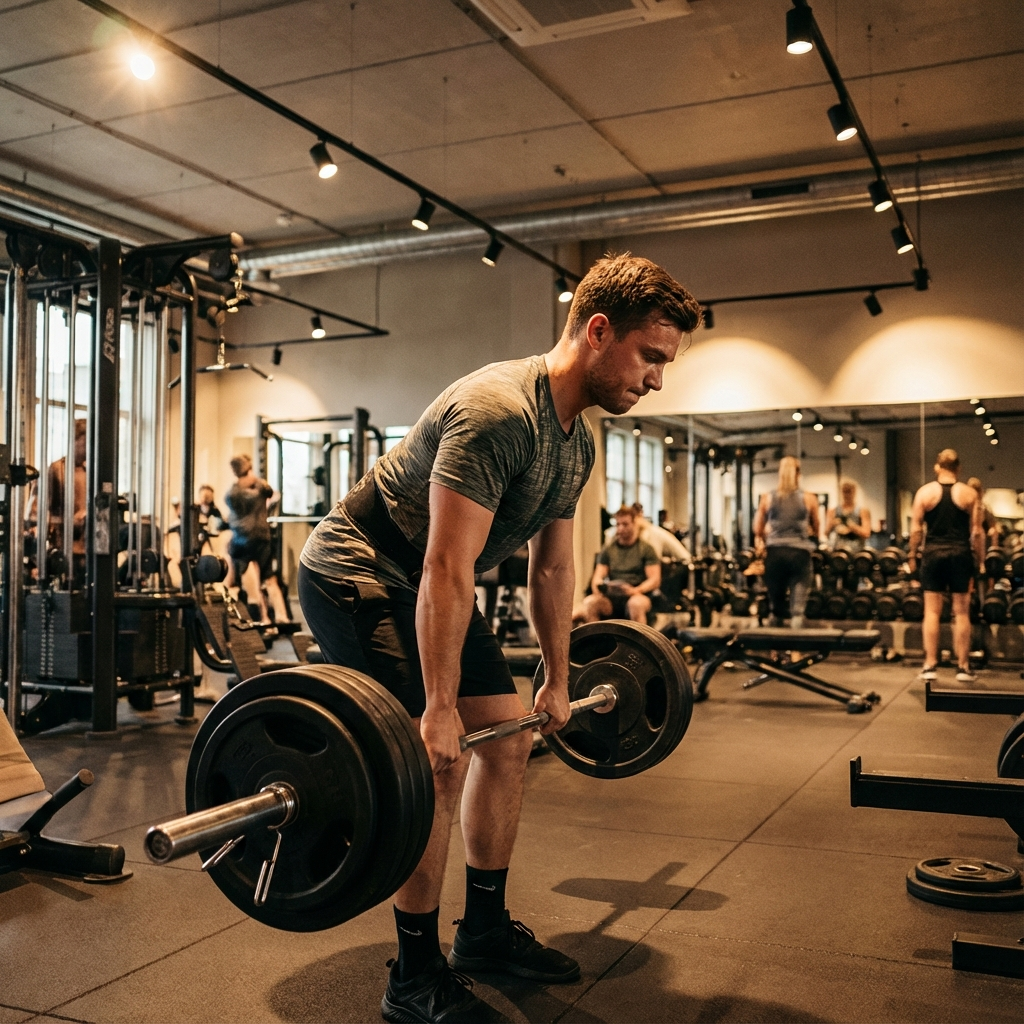When it comes to effective weight loss strategies, the conversation often turns to protein intake. Indeed, protein can be a game-changer for those looking to shed extra pounds. This article delves into how much protein you should consume and the best types of protein to help you achieve weight loss goals.
Why Protein is Essential for Weight Loss
Protein is a critical nutrient that plays a myriad of roles in the body, from muscle repair to hormone synthesis. But its impact on weight loss is particularly noteworthy. Studies have shown that a high-protein diet can help you feel fuller for longer, thereby reducing overall caloric intake. According to a study published in the American Journal of Clinical Nutrition, individuals consuming higher amounts of protein exhibited lower hunger levels and increased satiety.
- Increases Satiety: Protein helps keep you feeling full, which can reduce your overall caloric intake.
- Boosts Metabolism: The thermic effect of food (TEF) is the energy required to metabolize food, and protein has a higher TEF compared to fats and carbohydrates.
- Preserves Muscle Mass: When dieting, maintaining muscle mass is crucial for a higher metabolic rate.
How Much Protein Do You Need?
Determining the right amount of protein for weight loss varies depending on individual factors such as age, gender, and activity level. However, a general guideline is to aim for 1.6-2.2 grams of protein per kilogram of body weight.
- Calculate your weight in kilograms (weight in pounds divided by 2.2).
- Multiply by 1.6 to find the lower end of your protein range.
- Multiply by 2.2 to find the higher end of your protein range.
For example, if you weigh 70 kilograms (approximately 154 pounds), you should aim for a daily protein intake between 112 and 154 grams. Consulting with a registered dietitian can provide personalized recommendations based on your specific needs and goals.
Types of Protein That Work Best for Weight Loss
Not all proteins are created equal. Some protein sources are more effective for weight loss due to their amino acid profiles and digestibility. Here are some of the best types of protein to consider:
Whey Protein
Whey protein is one of the most well-researched proteins and is known for its high bioavailability. It is quickly absorbed and contains all essential amino acids.
Tip: Incorporate whey protein into your post-workout routine for optimal muscle recovery and growth.
Casein Protein
Unlike whey, casein is digested slowly, providing a sustained amino acid release. This makes it an excellent option for night-time consumption to prevent muscle breakdown during sleep.
Tip: Mix casein protein with unsweetened almond milk before bed for a satisfying, low-calorie treat.
Plant-Based Proteins
For those who are vegan or lactose intolerant, plant-based proteins like pea protein, hemp protein, and soy protein are excellent alternatives. They often contain added vitamins and minerals, making them nutritionally beneficial.
Tip: Blend plant-based protein with fruits and vegetables for a nutrient-packed smoothie.
Common Questions About Protein for Weight Loss
Is it possible to consume too much protein?
While protein is beneficial, consuming excessively high amounts can strain the kidneys and potentially lead to nutrient imbalances. Moderation is key.
Can protein supplements replace whole foods?
Protein supplements are convenient but should not entirely replace whole food sources. Foods like lean meats, fish, eggs, and legumes provide additional nutrients that supplements may lack.
Practical Tips to Incorporate More Protein into Your Diet
Here are a few simple ways to boost your protein intake:
- Start Your Day Right: Include eggs or Greek yogurt in your breakfast.
- Snack Smart: Choose protein-rich snacks like nuts or protein bars.
- Lean Meats: Opt for lean cuts of chicken, beef, or turkey in your meals.
Conclusion
Understanding the role of protein in your diet can significantly impact your weight loss journey. By consuming the right amount and types of protein, you can enhance feelings of fullness, boost your metabolism, and preserve muscle mass. Start incorporating more high-quality proteins into your diet today and see the difference for yourself.













